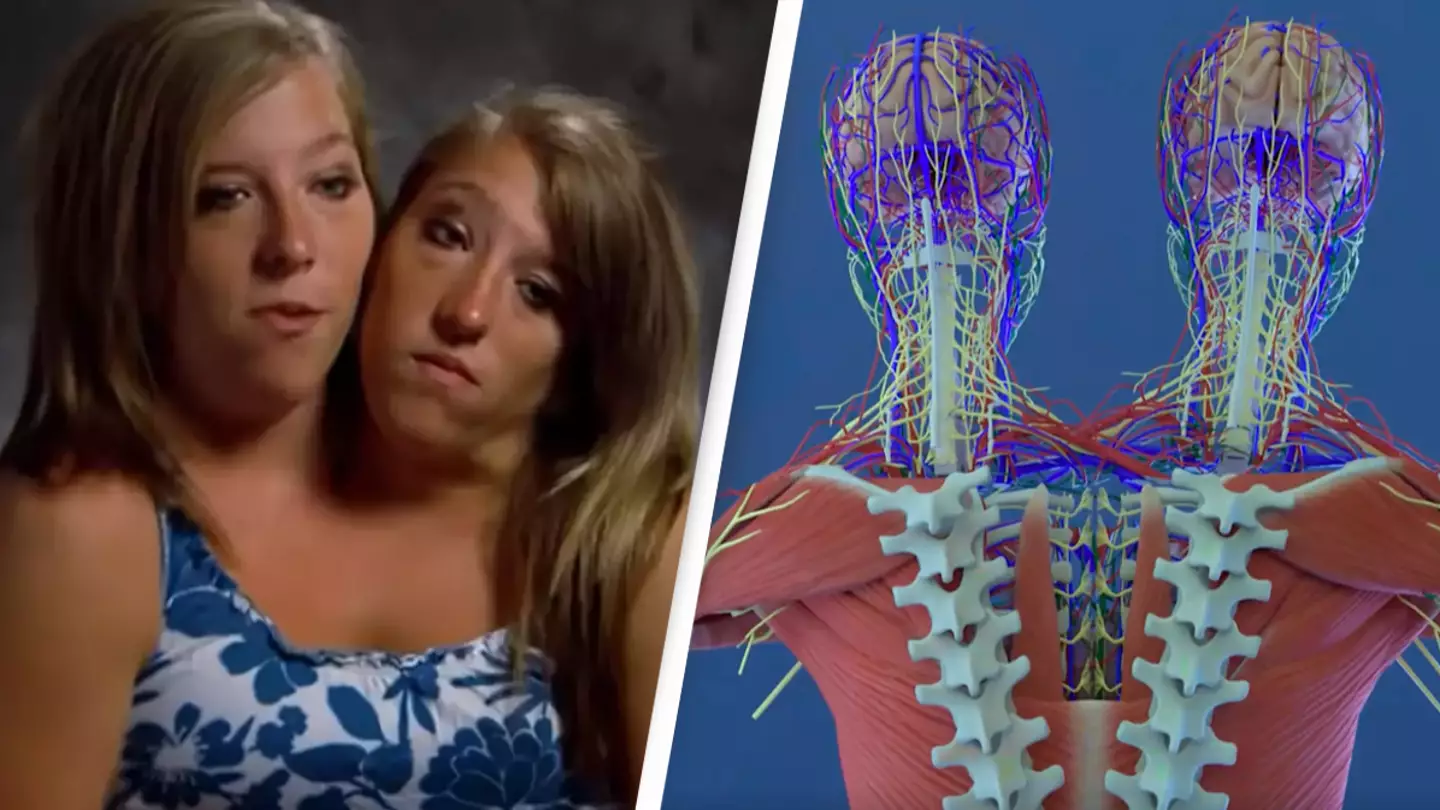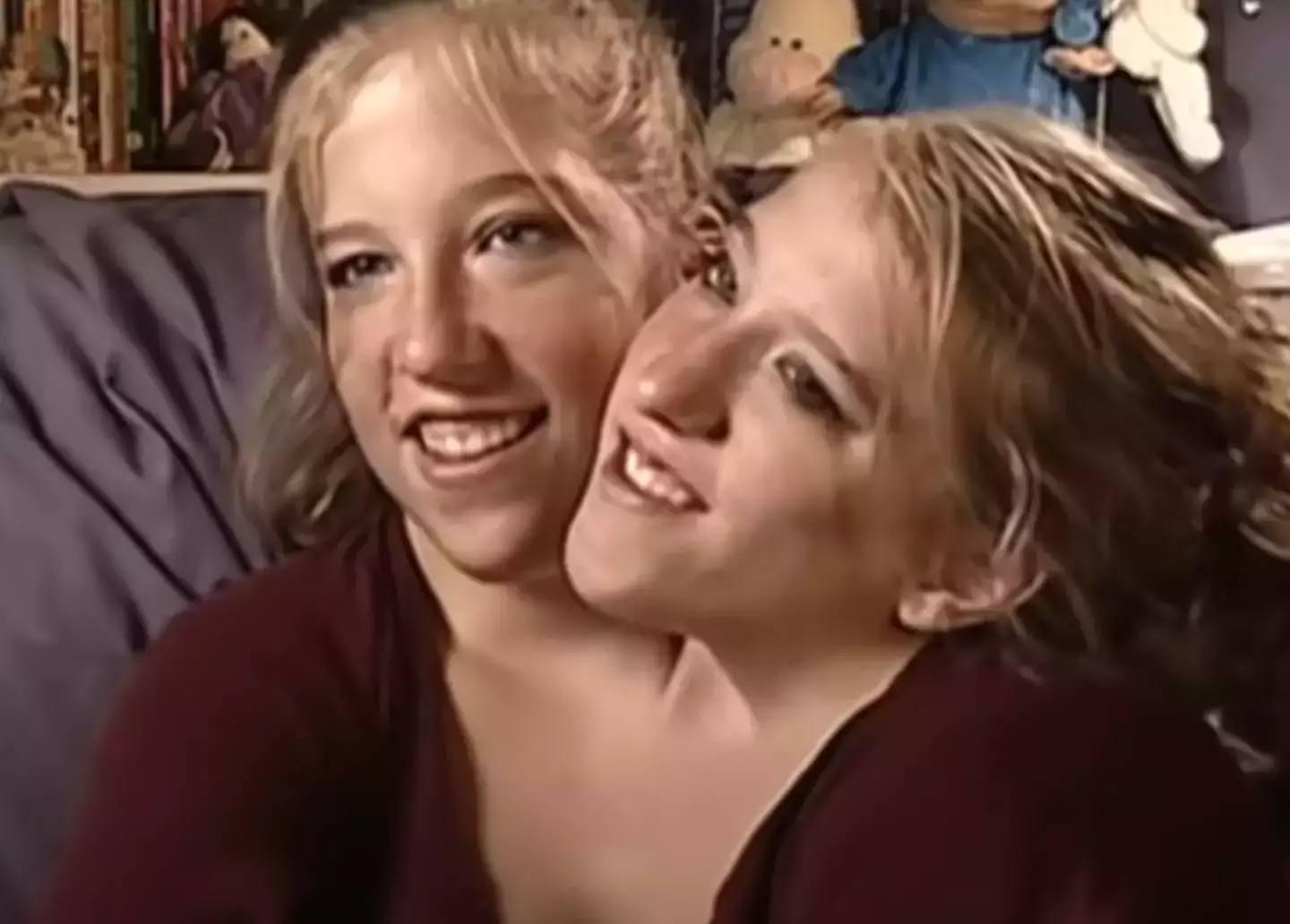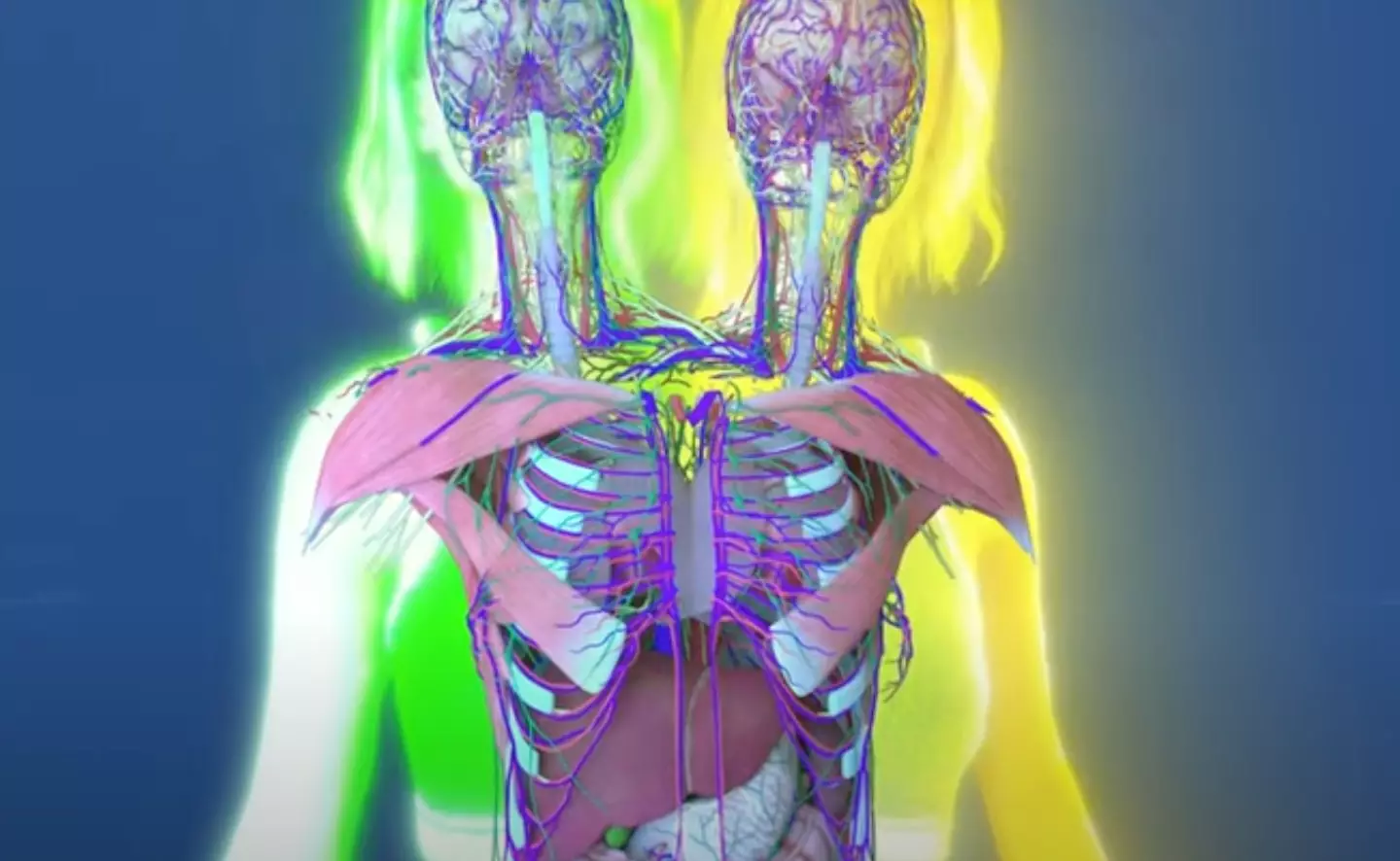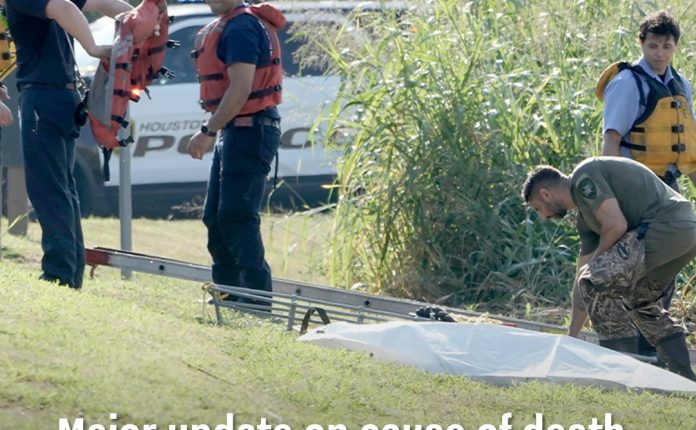
Abby and Brittany Hensel are dicephalic parapargus twins – they have two spearate heads and they’re joined at the torso.
The pair have been very open about their lives as conjoined twins, whether it be becoming teachers or their relationships.
And a simulation video has since scientifically broken down how their anatomies work.
Revealing an animated version of the twins, the video comments they have a ‘remarkable blend of shared and individual organs and tissues’ but the twins ‘each have their own distinct upper-body systems’.
Abby and Brittany have two heads, two brains, two spinal chords, and two hearts, which are part of a shared circulatory system.
The video explains: “Each heart pumps blood through the same system, meaning the actions of one can directly affect the other. Despite sharing blood circulation, their individual brains and spinal chords function independently from each other, coordinating movements for their respective sides of the body. “
Abby and Brittany each control the arm on their respective side – Abby the right and Brittany the left. And it’s the same for the twins’ legs too.
But even with this ‘division,’ the pair’s ‘movements are highly coordinated’.

Abby and Brittany Hensel (Channel 5)
For holding objects – i.e. an activity which requires both arms – the pair rely on ‘constant cooperation and communication’.
“They are able to perform these tasks smoothly thanks to the remarkable synchronization between their two brains and nervous systems,” the video continues. “Their skeletal systems including two separate spines joined at the pelvis, maintaining their independent neurological functions.
“Each twin also has two lungs, making for a total of four. While their medial lungs are fused to some degree, the outer lungs operate independently.”

Certain elements of the pair’s anatomies work together and others separately (YouTube/ Hashem Al-Ghaili)
When it comes to the pair’s stomachs, they each have their own, allowing them to digest food separately and their ‘sense of hunger or satiety is unique to each twin’ too as the brains controlling the stomachs are independent too.
Abby and Brittany each have their own oesophagus leading to their respective stomachs too, their ‘digestive systems functioning independently in the upper body’.
However, while they both control their own sides of the body, they experience stomach pain differently, with the ‘discomfort felt on the opposite side of the shared body’.
“The twins share one liver, though it is slightly elongated and enlarged to meet the needs of both bodies,” the video explains. “They have a single small intestine which splits into two spastic peristalsis patterns to accommodate their dual physiology.”
They also share one large intestine, one bladder and one set of reproductive organs – their lower pelvis having to be ‘slightly broader than average’ in order to accommodate them both.
And when it comes to kidneys, the twins have three – Abby with one on her side and Brittany two.
Their gall bladders are also individual – a total of two.
When it comes to the pair’s skeletal system, they share one ribcage, but it’s ‘widened and contains traces of fused and separate ribs to support both upper bodies’.
“The surgical removal of the rudimentary third arm at birth left behind an additional shoulder blade.”
The video resolves: “[Abby and Brittany’s] story remains a testament to the adaptability of the human body and the resilience of the human spirit.”
And as one Reddit user resolved: “This video was surprisingly very good and informative without being overdone or disrespectful to the two women.”


